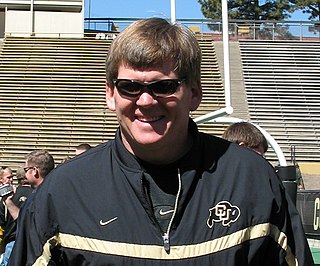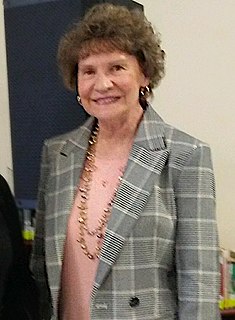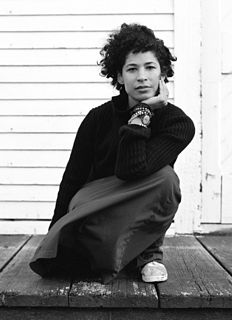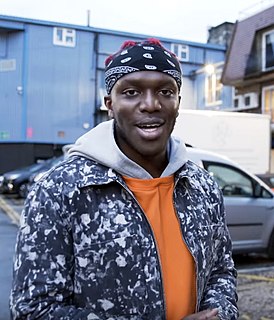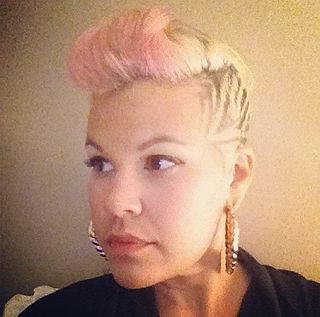A Quote by Dan Hawkins
There's a lot of people out there who have seen us once somewhere in a pub or heard our songs late night on radio. We'd done four years of it before we'd even released a single. It's put us in good stead.
Related Quotes
If you're a good Amish girl, you're courting, you have three or four different beaus, and you go out and stay out all night. That's just their tradition. They date under the covering of night. No one knows who they're dating or seeing until two weeks before they're going to be married. It's how they've done it for 300 years.
By the time I actually recorded Bitter Tears I carried a heavy load of sadness and outrage; I felt every word of those songs... I expected there to be trouble with that album, and there was.... when it was released, many radio stations wouldn't play it.... The very idea of unconventional or even original ideas ending up on "country" radio in the late 1990s is absurd.
I'm really terrible at math, so I won't even attempt to do ratios and percentages, but all I know is that there's a lot of new songs that no-one has heard yet, and that there's a lot of old songs that some very, very super hardcore fans have heard for sure - there are people that have been coming and seeing me play in bars in like 2002, and there are songs that those people heard.
Like a lot of us, sometimes I'm preaching to the choir, and sometimes my voice doesn't even get heard at all. Sometimes I think that what I'm writing now might not even have an impact for the next three or four generations. Sometimes I sit there and write, and I think, "It'll be two hundred years before they get what I'm writing about."
It seems to me, that this, too, is how memory works. What we remember of what was done to us shapes our view, molds us, sets our stance. But what we remember is past, it no longer exists, and yet we hold on to it, live by it, surrender so much control to it. What do we become when we put down the scripts written by history and memory, when each person before us can be seen free of the cultural or personal narrative we've inherited or devised? When we, ourselves, can taste that freedom.
Internet has contributed to certainly a new kind of communication among us - not all of it good; a lot of it, dangerous. When we talk about human community, we certainly now have a tool in our hands that enables us to reach out as we never have before. It broadens our sense certainly of what community is and even of our own place in it.
A lot of people think YouTube is quite easy, when it just isn't. I've been doing YouTube for six years now, and I'd say the hardest years were definitely the first three or four. You have to constantly put out content that is good just to make people come back to your channel, and I work every single day just to try and expand my brand.
I've been sort of writing sketches for songs on my own forever and putting them down on cassette tapes. Yet for years and years and years, my main songwriting outlet was as a member of Sonic Youth, and for most of our time together, our best songs were written in a group setting, where the four of us were getting together in a room.
In the middle of 'Bleed Red' coming out, a huge disproportionate majority of people in radio came to us and asked if they could have 'Cost of Livin' as a single. There was even talk behind closed doors about pulling 'Bleed Red' because they had caught wind and heard 'Cost of Livin'.' We went with that.
